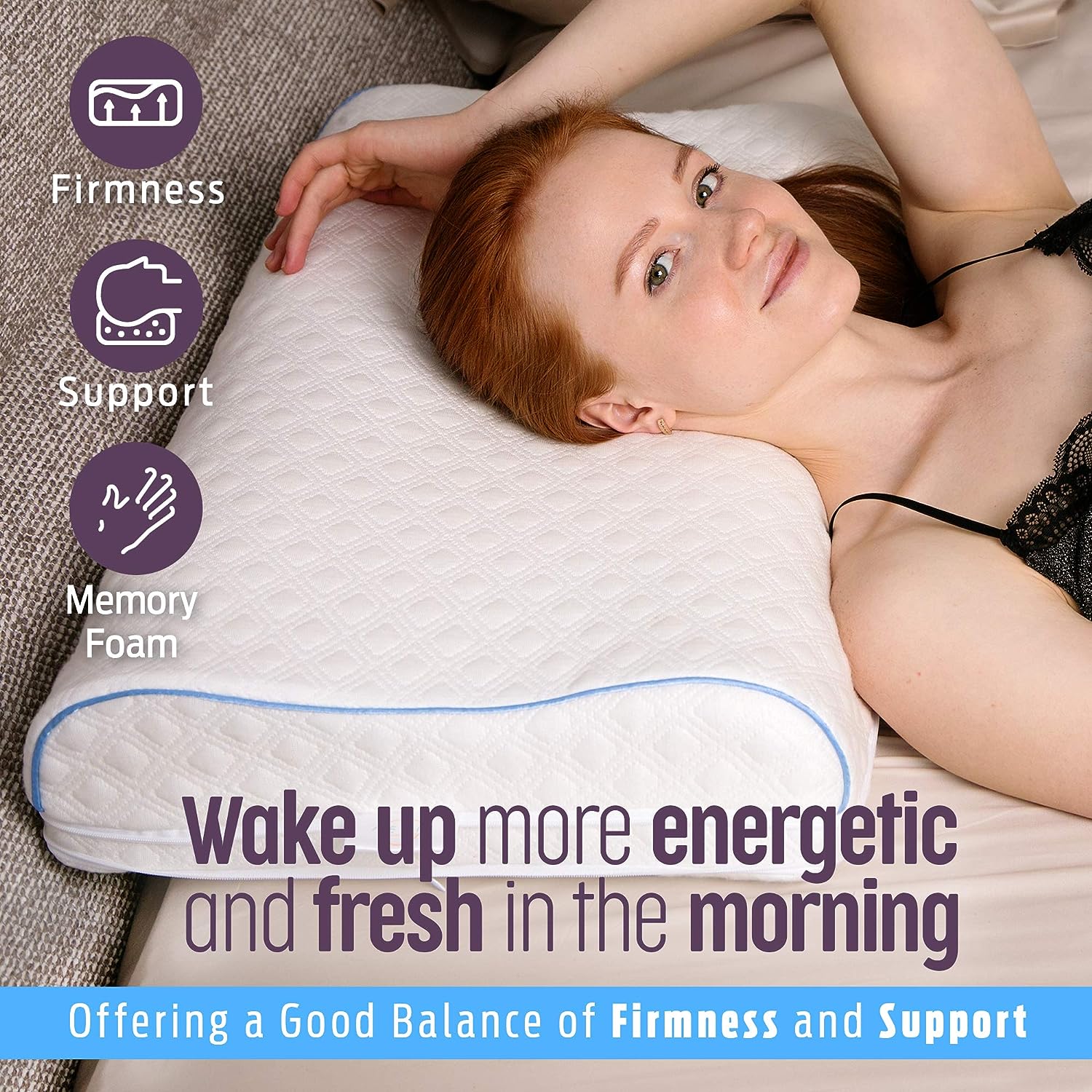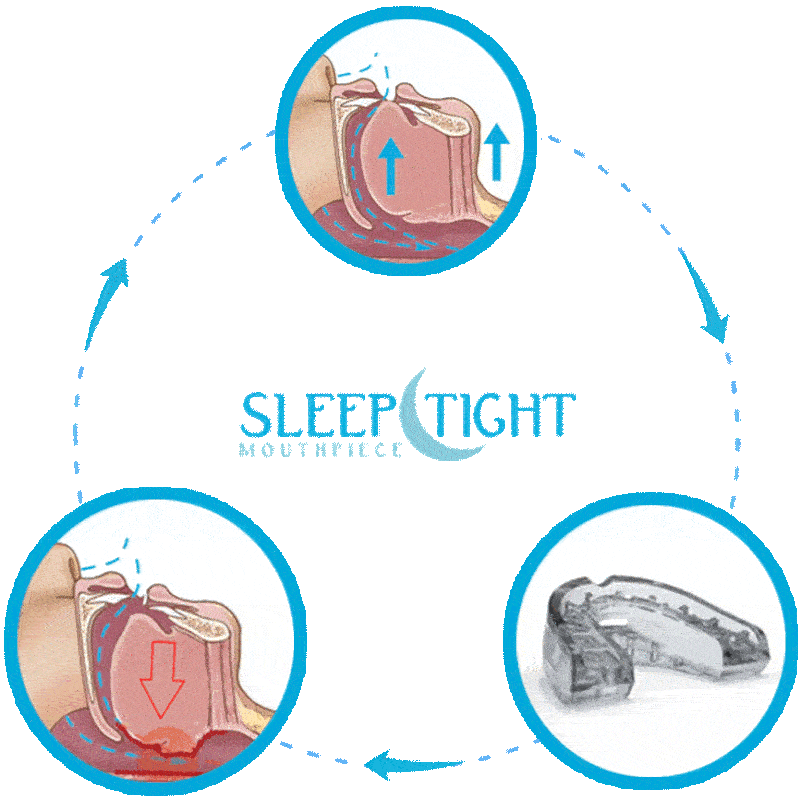Have you ever wondered why you feel tired at night and wide awake in the morning? Or why some people are early birds while others are night owls? The answer lies in your circadian rhythms, the internal body clock that controls your sleep-wake cycle. In this article, we will explore what exactly these mysterious rhythms are and how they play a crucial role in determining your sleep patterns.
Your circadian rhythms are like an internal clock that regulates important processes in your body. They control not only your sleep but also your hormone production, body temperature, and even brain activity. These rhythms are influenced by external cues, such as light and darkness, which help to synchronize them with the 24-hour day. This is why your body naturally starts to wind down when it gets dark outside and becomes more alert when the sun rises in the morning.
Understanding your circadian rhythms is key to improving your sleep quality. By aligning your sleep schedule to your natural body clock, you can optimize your rest and wake up feeling refreshed. In the upcoming article, we will dive deeper into the topic, exploring the science behind circadian rhythms and providing tips on how to establish a healthy sleep routine that works in harmony with your body’s natural rhythms. So stay tuned to learn more about this fascinating aspect of your sleep!

Understanding Circadian Rhythms
Defining Circadian Rhythms
Circadian rhythms are the natural, internal processes that regulate our sleep-wake cycles and various other physiological functions. Derived from the Latin words “circa” (around) and “diem” (day), circadian rhythms follow a roughly 24-hour cycle and are affected by external cues, such as light and social routines. These rhythms are present in nearly all living organisms, including humans, and play a vital role in maintaining overall health and well-being.
The Importance of Circadian Rhythms in Regulating Sleep
Our Circadian rhythms heavily influence our sleep patterns and the quality of our sleep. These rhythms help ensure that we feel awake and alert during the day, while signaling our bodies to be ready for sleep at night. When our circadian rhythms are properly synchronized, we experience a natural sleep-wake cycle, feeling rested and rejuvenated upon waking. However, disruptions to these rhythms can result in sleep disorders, fatigue, and other health issues.
How Circadian Rhythms Work
At the core of circadian rhythms is a master clock known as the suprachiasmatic nucleus (SCN), located in our brain’s hypothalamus. The SCN receives and processes signals from our environment, primarily through light. When light enters our eyes, it sends a signal to the SCN, which helps regulate our internal clocks. This is why exposure to bright light in the morning can help us wake up and feel more alert.
Additionally, the hormone melatonin plays a crucial role in maintaining our circadian rhythms. Melatonin is produced by the pineal gland in our brain, and its secretion is regulated by the SCN. In the absence of light, the SCN signals the pineal gland to release melatonin, which promotes sleepiness. As daylight returns, melatonin production decreases, allowing us to feel awake and alert during the day.
The Internal Clock: The Master of Circadian Rhythms
The Role of the Suprachiasmatic Nucleus (SCN)
The suprachiasmatic nucleus (SCN) is considered the body’s internal clock, coordinating the timing of various physiological functions, including sleep-wake cycles. It receives input from light-sensitive cells in our eyes, which help synchronize the body’s internal clocks with the external environment. The SCN then sends signals that regulate the production of hormones, such as melatonin, and control other biological processes throughout the day.
The Influence of Light on the Internal Clock
Light is a primary external factor that influences our internal clocks and circadian rhythms. Exposure to bright light, particularly in the morning, helps signal our bodies to wake up and feel alert. This is why it is essential to get natural light exposure in the morning and limit exposure to bright lights at night, as it can disrupt the natural sleep-wake cycle.
The Role of Melatonin in Maintaining Circadian Rhythms
Melatonin is a hormone that plays a vital role in regulating our sleep-wake cycles. It is produced by the pineal gland in our brain, and its secretion is controlled by the SCN. As darkness falls, the SCN signals the pineal gland to release melatonin, promoting sleepiness. Melatonin levels remain elevated throughout the night, helping to sustain and promote restful sleep. As daylight returns, melatonin production decreases, allowing us to feel awake and alert.
External Factors Affecting Circadian Rhythms
The Impact of Social Cues and Routines
In addition to light exposure, social cues and routines also play a significant role in regulating our circadian rhythms. Following a consistent daily routine, such as waking up and going to bed at the same time, helps synchronize our internal clocks and improve sleep quality. Conversely, irregular sleep patterns or shift work disrupts the natural rhythm of our body, leading to sleep disturbances and fatigue.
Jet Lag and Shift Work Disruptions
Jet lag and shift work disruptions can severely impact our circadian rhythms. Jet lag occurs when we travel across different time zones, and our internal clocks take time to adjust to the new environment. This can result in difficulties falling asleep at night and feeling tired during the day. Similarly, those who work night shifts or irregular schedules often struggle to maintain healthy circadian rhythms and may experience sleep problems.
The Effects of Artificial Light Exposure
The increasing prevalence of artificial light sources, such as smartphones, computers, and televisions, has a significant impact on our circadian rhythms. The blue light emitted by these devices can suppress the production of melatonin, making it difficult to fall asleep and disrupting the sleep-wake cycle. It is crucial to limit exposure to artificial light, particularly in the hours leading up to bedtime, to promote healthy circadian rhythms and improve sleep quality.
Circadian Rhythms and Sleep-Wake Patterns
The Relationship Between Circadian Rhythms and Sleep-Wake Cycles
Circadian rhythms and sleep-wake cycles are closely intertwined. Our sleep-wake cycles are regulated by our internal clocks, ensuring that we feel awake and alert during the day and ready for sleep at night. When these rhythms are disrupted or misaligned, it can lead to difficulties falling asleep, staying asleep, and feeling refreshed upon waking. It is essential to maintain regular sleep-wake patterns to support healthy circadian rhythms and optimize sleep quality.
The Ideal Timing for Optimal Sleep
Understanding our individual circadian rhythm preferences can help us determine the ideal timing for sleep. Some individuals have naturally earlier bedtimes and wake times, while others are predisposed to being “night owls” with later bedtimes and wake times. Aligning our sleep schedules with our internal clocks can promote better sleep quality and overall well-being. It is essential to listen to our bodies and establish consistent sleep routines that suit our natural preferences.
The Consequences of Misaligned Sleep Patterns
Misaligned sleep patterns, such as those experienced with jet lag or shift work, can have negative consequences on our health and well-being. When our internal clocks are out of sync with our external environment, it can lead to sleep disturbances, feelings of fatigue, impaired cognitive function, and increased risk of chronic diseases. It is crucial to address and manage these sleep disruptions to support healthy circadian rhythms and overall sleep health.

The Influence of Circadian Rhythms on Sleep Quality
The Impact of Circadian Rhythms on Sleep Stages
Circadian rhythms have a profound impact on the different stages of sleep. As we progress through the sleep cycles, the amount of time spent in each stage varies. The circadian rhythm helps regulate the timing and duration of these stages, ensuring that we experience the necessary amount of deep sleep, REM (rapid eye movement) sleep, and lighter stages of sleep. Disruptions to our circadian rhythms can result in insufficient or poor-quality sleep, leading to daytime sleepiness and decreased cognitive function.
The Importance of Proper Synchronization
Proper synchronization between our circadian rhythms and sleep-wake cycles is crucial for optimal sleep quality. When our internal clocks and external cues are aligned, we are more likely to fall asleep easily, sleep deeply, and wake up feeling refreshed. Maintaining consistent sleep schedules, limiting exposure to artificial light at night, and developing good sleep hygiene practices help promote proper synchronization between our circadian rhythms and sleep.
The Link Between Circadian Rhythm Disorders and Sleep Disorders
Circadian rhythm disorders, such as delayed sleep phase disorder and advanced sleep phase disorder, often coexist with various sleep disorders. insomnia, characterized by difficulties falling asleep or staying asleep, can be influenced by circadian rhythm disruptions. Sleep apnea, a condition where breathing periodically stops during sleep, can also be affected by circadian rhythms. Understanding the relationship between circadian rhythms and sleep disorders is crucial for effective diagnosis and treatment.
Circadian Rhythm Disorders and Sleep Disorders
Common Circadian Rhythm Disorders
Circadian rhythm disorders manifest in various forms, with delayed sleep phase disorder and advanced sleep phase disorder being the most common. Delayed sleep phase disorder involves a delayed sleep-wake cycle, with individuals naturally going to bed and waking up later than the average person. Advanced sleep phase disorder, on the other hand, causes individuals to go to bed and wake up significantly earlier. These disorders can significantly impact sleep patterns and overall well-being.
Different Types of Sleep Disorders Affected by Circadian Rhythms
Circadian rhythms can also affect other sleep disorders, including insomnia and sleep apnea. Insomnia, characterized by difficulties falling or staying asleep, may be influenced by disruptions to circadian rhythms. Sleep apnea, a condition that causes breathing interruptions during sleep, can be aggravated by circadian rhythm abnormalities. Proper management and treatment of circadian rhythm disorders are essential in addressing these sleep disorders effectively.
Ways to Optimize Circadian Rhythms for Better Sleep
Establishing a Consistent Sleep Schedule
Maintaining a consistent sleep schedule is crucial for optimizing circadian rhythms and promoting better sleep quality. Going to bed and waking up at the same time every day, even on weekends, helps regulate our internal clocks and align them with external cues. To establish a consistent sleep schedule, it is recommended to prioritize sleep and set aside enough time for an adequate amount of sleep, typically 7-9 hours for adults.
Creating a Sleep-Friendly Environment
Creating a sleep-friendly environment plays a significant role in supporting healthy circadian rhythms and improving sleep quality. Ensure that your bedroom is cool, quiet, and dark, and invest in a comfortable mattress and pillows. Consider removing or limiting electronic devices in the bedroom to reduce exposure to artificial light. Additionally, practicing relaxation techniques, such as meditation or deep breathing exercises, can promote a calm and peaceful sleep environment.
Practicing Good Sleep Hygiene
Practicing good sleep hygiene is essential for optimizing circadian rhythms and promoting restful sleep. Avoid consuming caffeine or stimulating substances close to bedtime and limit alcohol intake, as it can disrupt the sleep cycle. Establish a relaxing bedtime routine that signals to your body that it’s time to unwind and prepare for sleep. Engaging in regular exercise during the day can also help regulate circadian rhythms and promote better sleep.
Circadian Rhythms and Health
The Influence of Circadian Rhythms on Overall Health
Circadian rhythms play a crucial role in maintaining overall health and well-being. Properly synchronized circadian rhythms are vital for regulating hormonal balance, immune function, metabolism, and other physiological processes. Disruptions to circadian rhythms, such as those caused by irregular sleep patterns or excessive artificial light exposure, can lead to increased risk of various health problems, including obesity, diabetes, cardiovascular disease, and mental health disorders.
The Connection Between Circadian Rhythms and Mental Health
Circadian rhythms have a significant influence on mental health and mood. Disruptions to these rhythms can contribute to the development of mood disorders, such as depression and bipolar disorder. Additionally, individuals with certain mental health conditions may experience irregularities in their circadian rhythms, leading to sleep disturbances and exacerbation of symptoms. Understanding and addressing the relationship between circadian rhythms and mental health is crucial for effective treatment.
The Impact of Disrupted Circadian Rhythms on Chronic Diseases
Chronic diseases, such as diabetes, cardiovascular disease, and certain types of cancer, have been linked to disrupted circadian rhythms. Irregular sleep patterns and disturbances to circadian rhythms can contribute to the development and progression of these conditions. Optimizing circadian rhythms through proper sleep hygiene, regular exercise, and other lifestyle modifications may help reduce the risk and severity of chronic diseases.
Technological Advancements in Circadian Rhythm Regulation
Light Therapy for Circadian Rhythm Disorders
Light therapy is a widely used treatment for circadian rhythm disorders. It involves exposure to bright, artificial light, typically in the form of a special lightbox, to help regulate circadian rhythms. Light therapy is particularly effective for individuals with delayed sleep phase disorder, as it helps shift their internal clocks to an earlier schedule. This therapy can be used under the guidance of a healthcare professional to address circadian rhythm abnormalities.
Wearable Devices and Apps for Circadian Rhythm Tracking
Wearable devices and smartphone apps have become increasingly popular for tracking and monitoring circadian rhythms. These devices use various sensors to collect data on sleep patterns, light exposure, and other relevant factors. By tracking and analyzing this data, individuals can gain insights into their circadian rhythms and make informed decisions about sleep and lifestyle habits. These technologies can be useful tools for optimizing circadian rhythms and promoting better sleep.
Advancements in Sleep Aids and Treatments
Advancements in sleep aids and treatments have also contributed to the optimization of circadian rhythms and improvement of sleep quality. Prescription medications, such as melatonin supplements or hypnotic drugs, can help regulate circadian rhythms and address sleep disorders. Additionally, non-pharmacological interventions, such as cognitive-behavioral therapy for insomnia (CBT-I), provide effective treatment options for circadian rhythm disorders and associated sleep problems.
Conclusion
Circadian rhythms are intricate internal processes that regulate our sleep-wake cycles and various physiological functions. They are influenced by external cues, primarily light, and play a vital role in maintaining optimal sleep and overall well-being. Understanding the interplay between circadian rhythms and sleep is crucial for promoting healthy sleep patterns and addressing sleep disorders. By establishing consistent sleep schedules, creating sleep-friendly environments, practicing good sleep hygiene, and utilizing technological advancements, we can optimize our circadian rhythms and enjoy restful sleep for improved health and well-being.



